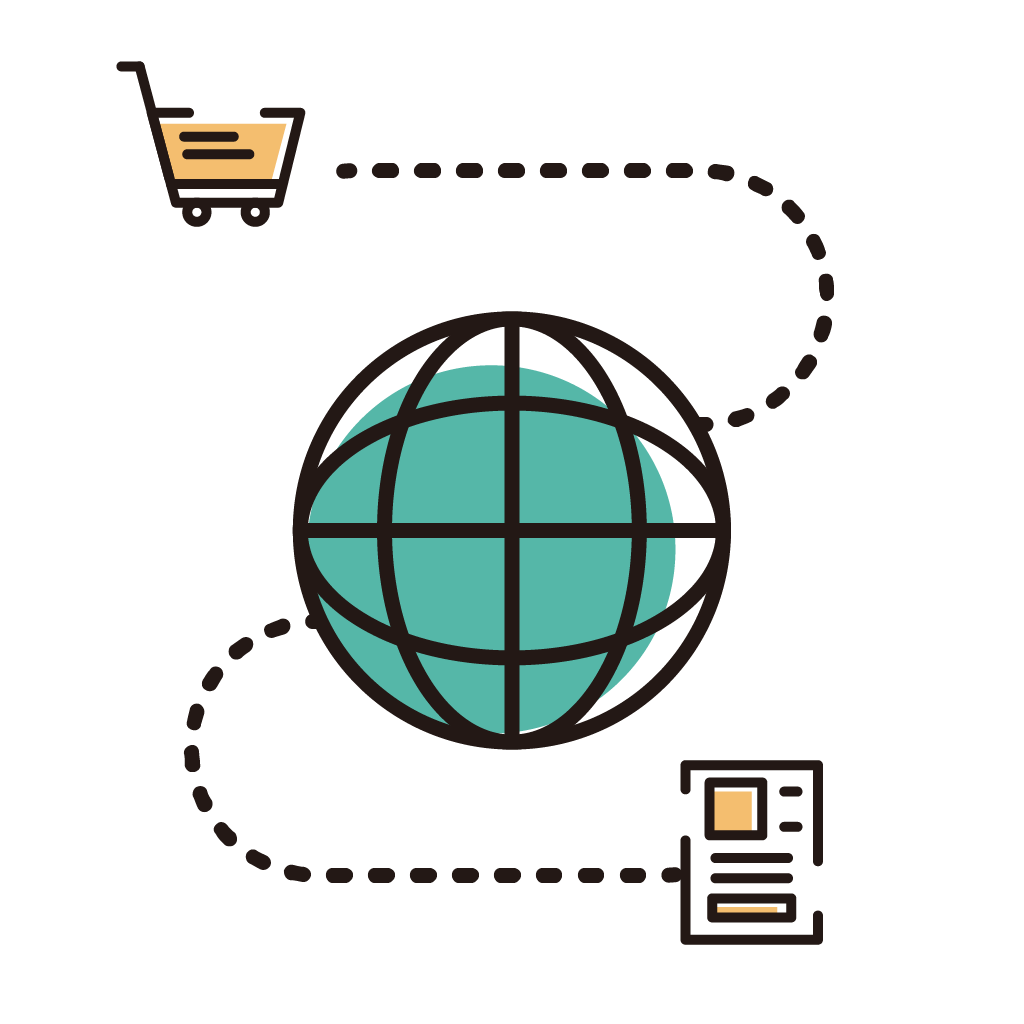The Importance of Customs Declaration Management in International Logistics
Efficient international logistics heavily relies on effective customs declaration management. Customs declaration is a crucial step in the movement of goods across borders, ensuring compliance with local regulations, simplifying the customs clearance process, and minimizing delays and penalties. This article will explore the various aspects of customs declaration management and its significance in international trade.
1. Understanding Customs Declaration Management
Customs declaration management involves the submission of accurate and complete information about imported or exported goods to the customs authorities. It includes the preparation and submission of various documents, such as invoices, packing lists, bills of lading, and certificates of origin. The information provided in the customs declaration helps customs authorities assess the correct duties, taxes, and fees applicable to the goods.
2. Streamlining the Customs Declaration Process
The customs declaration process can be complex and time-consuming. However, with the advent of advanced digital tools and technologies, such as electronic data interchange (EDI) systems and online customs portals, the process has become more streamlined. These tools allow for the electronic submission of customs documents, reducing paperwork, speeding up the clearance process, and minimizing the risk of errors or omissions.
3. Compliance with Customs Regulations
Compliance with customs regulations is vital to avoid penalties, fines, and shipment delays. Customs declaration management ensures that all applicable laws, regulations, and import/export restrictions are properly followed. This includes adhering to product-specific regulations, customs valuation rules, classification codes, and any special requirements for hazardous or restricted goods.
4. Customs Declaration Management Software
The use of specialized customs declaration management software has revolutionized the way companies handle customs processes. These software solutions offer features such as automated document generation, real-time tracking of shipments, integration with customs authorities' systems, and customizable reporting. Implementing such software can enhance data accuracy, improve compliance, and increase operational efficiency.
5. Partnering with Customs Experts
Given the complexities and ever-changing nature of customs regulations, it is beneficial for companies to partner with customs experts or engage the services of a customs brokerage firm. These professionals have in-depth knowledge of international trade regulations, tariff schedules, and customs procedures. They can assist with proper classification of goods, prepare accurate customs declarations, and provide guidance on navigating trade agreements and preferential tariff programs.
Conclusion
Efficient customs declaration management is crucial for seamless international logistics. It ensures compliance with customs regulations, expedites the clearance process, and minimizes the risk of penalties and delays. Leveraging technology, such as customs declaration management software, along with the expertise of customs professionals, enables businesses to navigate the complexities of international trade and enhance their overall supply chain efficiency.























